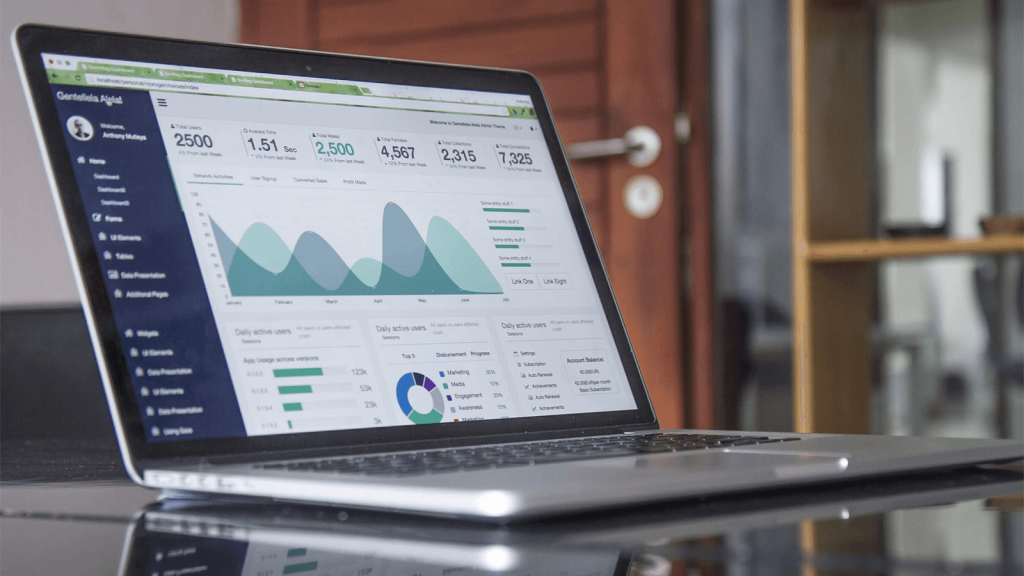
If you have been managing your business’s finances using outdated methods or software, it might be time to consider upgrading to a more advanced accounting system. As businesses evolve and grow, so do their accounting needs. In this article, we’ll explore why upgrading your accounting system is essential and delve into some of the best software options available to streamline your financial processes.
What is a successful accounting system?
Accuracy is arguably the most important element of a good accounting system. In order to be worth your time and investment, an accounting system must keep accurate and up-to-date balances in individual accounts and the general ledger.
Which software is mostly used for accounting?
QuickBooks Online has accounting features to meet the needs of businesses of all sizes. QuickBooks’ bookkeepers and Certified ProAdvisors provide professional help and guidance
What are the features of effective accounting system?
Basic accounting key features, such as general ledgers, chart of accounts, invoicing, tax management, account reconciliation, accounts payable, accounts receivable, payroll and financial reporting, and payments records, should be included in any accounting software.
Signs It’s Time to Upgrade

Outgrowing Current System
One of the primary indicators that you need to upgrade your accounting system is when your current software can no longer keep up with the demands of your growing business. If you find yourself struggling to manage an increasing number of transactions, clients, or employees, it’s a clear sign that you need a more robust solution.
Inefficiency and Errors
Another telltale sign is when you notice inefficiencies and errors creeping into your financial processes. Manual data entry, lack of automation, and disjointed workflows can lead to costly mistakes that could impact your bottom line. Upgrading to a modern accounting system can help automate repetitive tasks and reduce the risk of errors.
Lack of Integration
If your current accounting software doesn’t integrate seamlessly with other essential business tools like CRM software or inventory management systems, it can lead to data silos and inefficiencies. Modern accounting solutions offer integration with a wide range of third-party applications, allowing for smoother collaboration and data sharing across your organization.
Key Features to Look For

When considering accounting software options, there are several key features you should prioritize to ensure you’re getting the most value for your investment.
Cloud-Based Solutions
Cloud-based accounting software offers several advantages over traditional on-premise solutions, including accessibility, scalability, and enhanced security. With cloud-based software, you can access your financial data from anywhere with an internet connection and ensure that your data is backed up and secure.
Automation Capabilities
Look for accounting software that offers robust automation capabilities to streamline repetitive tasks like invoicing, expense tracking, and reconciliation. Automation can save you time and reduce the risk of human error, allowing you to focus on more strategic aspects of your business.
Scalability
Choose accounting software that can grow with your business. Scalable solutions allow you to add users, features, and functionality as your business expands, without the need for costly upgrades or migrations to new software.
Security Measures
Security is paramount when it comes to financial data. Make sure the accounting software you choose offers robust security measures such as encryption, multi-factor authentication, and regular security updates to protect your sensitive information from cyber threats.
Top Accounting Software Options

Now that we’ve covered the signs it’s time to upgrade and the key features to look for, let’s explore some of the top accounting software options available on the market today.
QuickBooks Online
QuickBooks Online is one of the most popular accounting solutions for small businesses. It offers a wide range of features, including invoicing, expense tracking, and reporting, all accessible from any device with an internet connection.
Xero
Xero is another cloud-based accounting software designed for small to medium-sized businesses. It offers a user-friendly interface, advanced reporting capabilities, and seamless integration with third-party apps like PayPal and Shopify.
FreshBooks
FreshBooks is ideal for freelancers and service-based businesses. It offers features such as time tracking, project management, and client invoicing, all in one intuitive platform.
Sage Intacct
Sage Intacct is a cloud-based accounting solution geared towards mid-sized and enterprise-level businesses. It offers advanced financial management capabilities, including multi-entity support, revenue recognition, and budgeting tools.
NetSuite
NetSuite is a comprehensive ERP solution that includes accounting, CRM, and e-commerce functionality. It’s ideal for larger businesses looking for a fully integrated suite of business management tools.